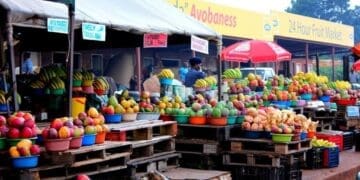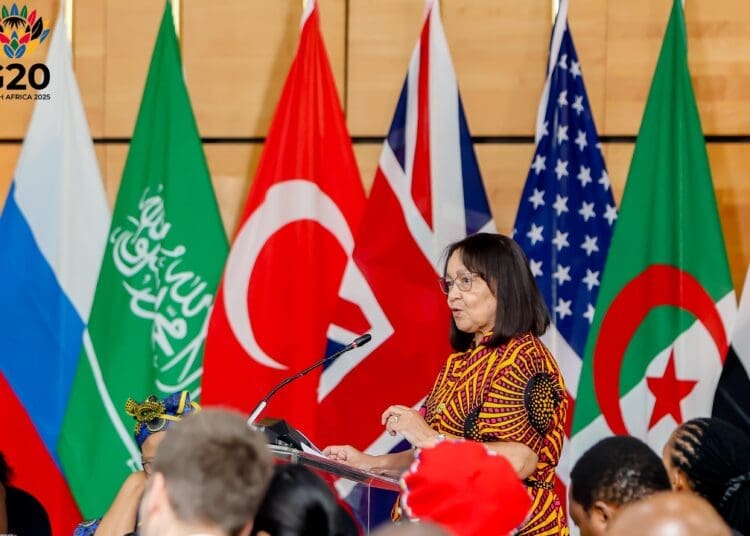Small and medium tourism businesses say the recent G20 Tourism Ministers Meeting held in Mpumalanga has given them renewed confidence that their challenges and aspirations are being heard on the global stage.
South Africa recently hosted the meeting, which brought together global tourism leaders, including UN Tourism Secretary-General Zurab Pololikashvili, to discuss the future of the sector.
The meeting, hosted under the theme Solidarity, Equality, and Sustainability, highlighted four priorities for the sector, which are digital innovation, financing and investment, air connectivity, and resilience.
Tourism Minister Patricia de Lille said SMEs are the backbone of the industry, while Pololikashvili noted that small businesses make up 80% of the sector but are among the most vulnerable during crises.
For entrepreneurs, these priorities are not abstract commitments; they translate into practical opportunities.
At Fumani Game Lodge in Limpopo, marketing manager Akesa Mokhare said digital innovation and financing are most critical.
“As a 5-star lodge, we are committed to enhancing guest experiences through technology, streamlined bookings, digital marketing, and data-driven personalisation. Access to innovative financing will allow us to expand offerings, host larger events, and invest in sustainable infrastructure,” Mokhare told Vutivi Business.
To fully benefit, Mokhare added, targeted support is critical.
“We would value government support to scale digital platforms that improve visibility for small lodges, partnerships with investors to fund green infrastructure, training programmes for young professionals in hospitality and digital marketing, and affordable financing tailored for tourism businesses,” he said.
He stressed the wider community impact.
“More visitors mean more jobs from hospitality and guiding to arts, culture, and conservation-based activities. Thus, strengthening local economies and preserving cultural heritage,” Mokhare added.
Seemole Thobane, founder of Berrytops Beauty Bar in Modimolle, says digital innovation is the key growth driver.
“By leveraging technology, we can enhance our online presence, improve customer engagement, and streamline operations. Access to funding would help us scale and invest in digital infrastructure,” she said.
In Mpumalanga, Tlhookomelo Mashile, CEO of SurvyMash Tours and the Three Rondavels Coffee Shop, highlighted both financing and digital innovation.
“Affordable grants and youth-focused tourism funds could help us expand infrastructure and digital platforms. Digital skills training would strengthen our online presence, leverage e-commerce, and tap into global travel markets. Partnerships with airlines and tourism boards could improve air connectivity, while trade show support would allow us to showcase our tourism experiences,” he said.
The potential impact is significant. “These initiatives could attract more international and domestic visitors, create jobs for local youth, and support local suppliers, while promoting sustainable tourism practices that protect our environment and heritage,” Mashile added.
Industry voices say the G20’s focus on small businesses reflects a global shift toward inclusive tourism. The South African Tourism Services Association (SATSA) welcomed the outcomes but cautioned that the real impact depends on translating commitments into accessible tools and financing.
For SMMEs, however, the tone of the meeting is encouraging. As Mokhare concluded: “Aligning with these G20 priorities will not only elevate Fumani Game Lodge but also contribute to the broader vision of sustainable and inclusive tourism in South Africa.”


























































